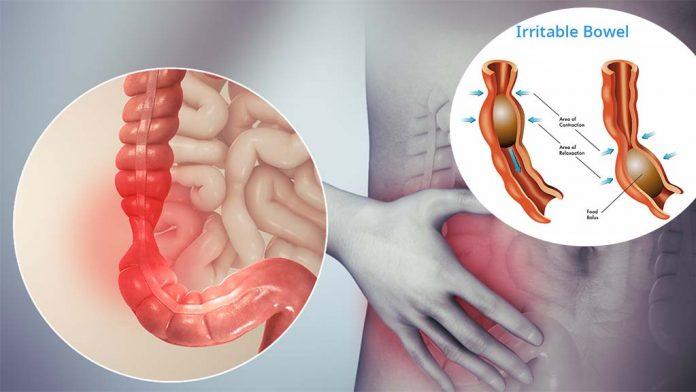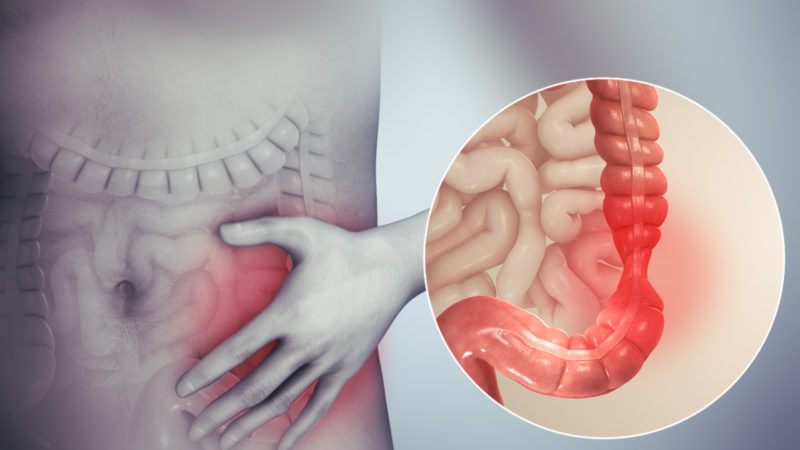Amazing Health Benefits Of Eating Seaweed – Why You Should Eat It

Seaweed is also known as sea vegetables that grow inside the sea and are in Algae.
Earlier seaweeds are considered food for the ocean creatures, not for human purposes. Seaweeds generally come in different colors ranging from red, brown, green, and black.
This seaweed grows around the shorelines all over the world. However, seaweed is commonly used in Asian nations like Korea, China, and Japan.
Nowadays, seaweed is highly popular in salads, sushi rolls, smoothies, stews, soups, and supplements.
But what is most important about seaweed is that they are highly nutritious and contain lots of minerals that help lead a healthy lifestyle.
This article will talk about the scientifically proven health benefits of eating seaweed in your diet.
Proven Health Benefits Of Eating Seaweed

Contains Good Amounts Of Nutrients
Different types of seaweed contain different amounts of nutrients in it. Seaweed nutrients help increase the necessary amounts of minerals and vitamins in your body without adding calorie intake.
Thus, seaweed is the best weight loss food diet option while keeping your body away from getting a deficiency of essential nutrients.
According to the study on marine drugs, seaweed is a great source of protein, fiber, minerals, carbohydrates, manganese, and polyunsaturated fatty acids. (Source 1)
Another research study shows that different seaweeds are rich in nutrients like vitamin A, vitamin C, vitamin B, vitamin E, iodine, copper, and iron.
Seaweed is also rich in antioxidants that help fight free radicals and protect your cells from oxidative stress and lower inflammation levels in the body.
Seaweed Contains Iodine That Help Fight Thyroid Issues
The thyroid gland produces hormones that help control energy production, body growth, reproduction system, and repair damage caused to cells.
The thyroid also releases iodine so that hormones can be stimulated. If your body does not get actual iodine, then it is hard for your body to produce those hormones.
Deficiency of iodine leads to symptoms like change in weight, swelling neck, fatigue, and distress over time.
The daily recommended value for iodine is about 150 mcg. Seaweed is known for absorbing iodine from concentrated seawater. Thus, they contain a good amount of iodine and can be eaten daily to get the proper iodine in your diet.
Improve Gut Health
Bacteria play a crucial role in breaking down food and improving the digestive system. Algae is a super healthy food for the gut and improves the digestive system as these are rich in fibers and gut-healthy compounds.
Seaweed fibers feed the bacteria in your gut, and these intestinal bacteria break complex compounds into simpler forms.
Not only gut health also improves the immune system and helps absorb essential nutrients easily in the body.
Eating seaweed or algae in your diet provides plenty of gut-healthy fibers and probiotics that help in improving issues like diarrhea and constipation.
Help In Controlling Diabetes
As seaweeds are high in fiber-rich content, it helps in improving diabetes. It helps control diabetes because fiber helps regulate the blood sugar level and insulin in production.
Consuming seaweed as a part of your diet controls your blood sugar level by increasing gut-healthy fiber without increasing the intake of calories.
A study conducted in 2018 on rats (Source 2) shows that compounds in the seaweed help in reducing type 2 diabetes markers unremarkable, like high sugar levels in the blood.
These compounds in the seaweed also help reduce diabetes, causing risk factors like inflammation, insulin sensitivity, and fat levels in the body.
More research has been conducted on humans that show that seaweed compounds help lower diabetes and its symptoms.
Improves Heart Health
Seaweeds contain compounds that help in lowering cholesterol levels in your blood. The soluble fibers in seaweed bind bile acids and salt levels in your body.
The body then uses this cholesterol itself to remove such elements from your body that decrease overall cholesterol levels from your blood.
Different types of seaweed and algae contain high amounts of antioxidants that help in supporting heart health.
Support Weight Loss
Fibers in the seaweed benefit support people in their weight loss goals. Fiber-rich food helps people to feel full without serving extra calories.
As per the study by Marine Drugs (Source 3), eating dietary fiber in high amounts of hunger keep your stomach feeling full for a longer time.
This resulted in fewer cravings, leading to less food intake and control in the weight gain process. Eating dietary fiber also keeps you from overeating and provides essential gut-healthy nutrients.
Side Effects Of Eating Seaweed
As there are several potential benefits of eating seaweed, there are also dangers of eating seaweed as a part of your daily diet.

High Metal Concentration
Seaweed easily absorbs lots of minerals from seawater in highly concentrated form. This leads to potential health problems as there are also toxic metals elements in seaweed like mercury, lead, and cadmium.
Seaweed in many countries contains less heavy metal content than the danger level. According to a recent study, it is found that only types of seaweed in Europe and Asia contain 20 types of metal content.
It is also found that most of the seaweed contains less than 4 grams of aluminum, lead, and cadmium, which do not contain any health risk.
Increased Iodine Intake
Seaweed contains large amounts of iodine that is dangerous to our health. Some facts say that Japanese people are the healthiest people due to high iodine consumption.
However, in Japan, the daily value of consuming iodine is about 1000 to 3000 mcg. This may lead to chronic health risks for those who consume seaweed as part of their daily diet, containing 1100 mcg.
In Asian countries, mostly seaweed is consumed with foods that inhibit iodine, which improves the thyroid gland’s functioning.
These foods include cabbage, bok choy, and broccoli, called goitrogens.
Moreover, high amounts of iodine affect thyroid functioning and lead to symptoms similar to iodine deficiency in your body.
If you notice that your body is experiencing fluctuation in weight or swelling around the neck area, you should limit or stop the consumption of iodine and seaweed food.
The potential danger of consuming seaweed regularly is that it contains iodine that affects thyroid function. There are also high amounts of concentrated metals, but they do not have a health risk.
Conclusion
Seaweed is a popular ingredient in many cuisines and is used as an essential part of several dishes over the globe.
It is one of the best dietary food products that give you good amounts of iodine and support the functioning of the thyroid gland.
Seaweed is also rich in other types of minerals and vitamins like vitamin B, K, iron, and zinc, with so many antioxidants that protect body cells from getting damaged.
Iodine consumption in too many amounts can harm thyroid functioning. If you want to get the benefits of this seaweed, you can consume it daily in a small amount.






